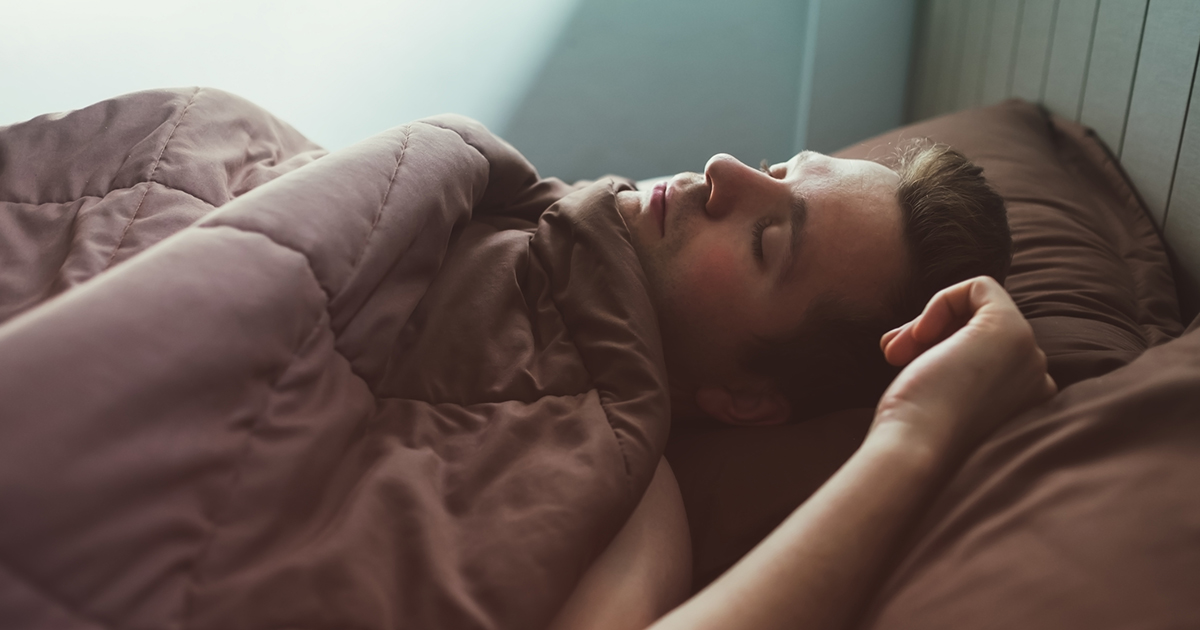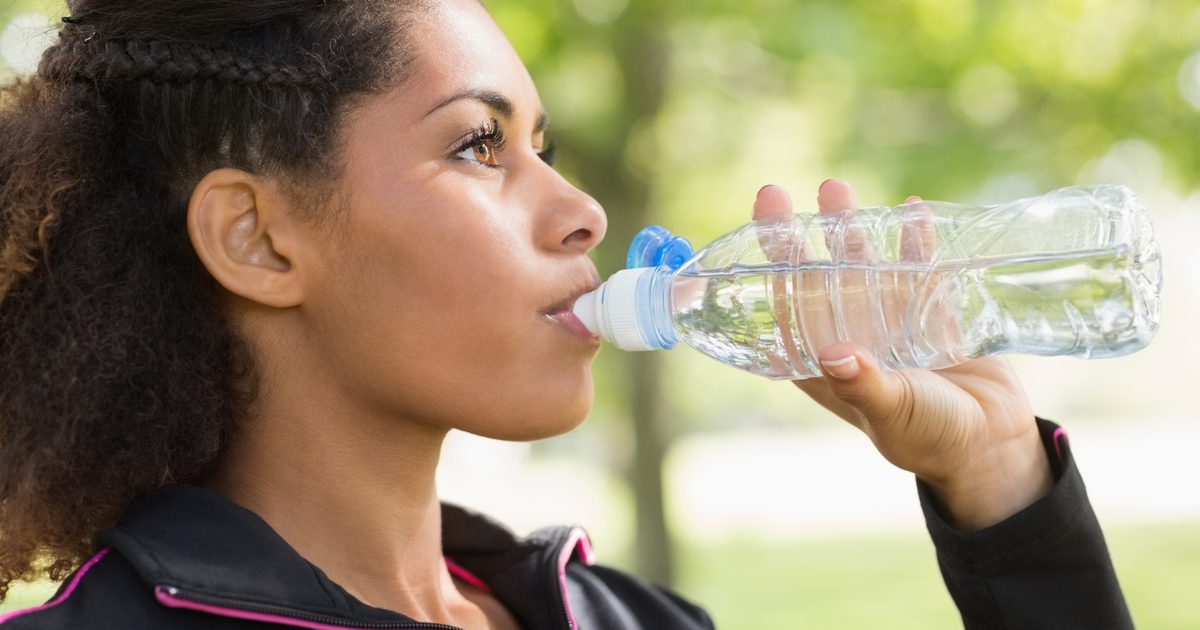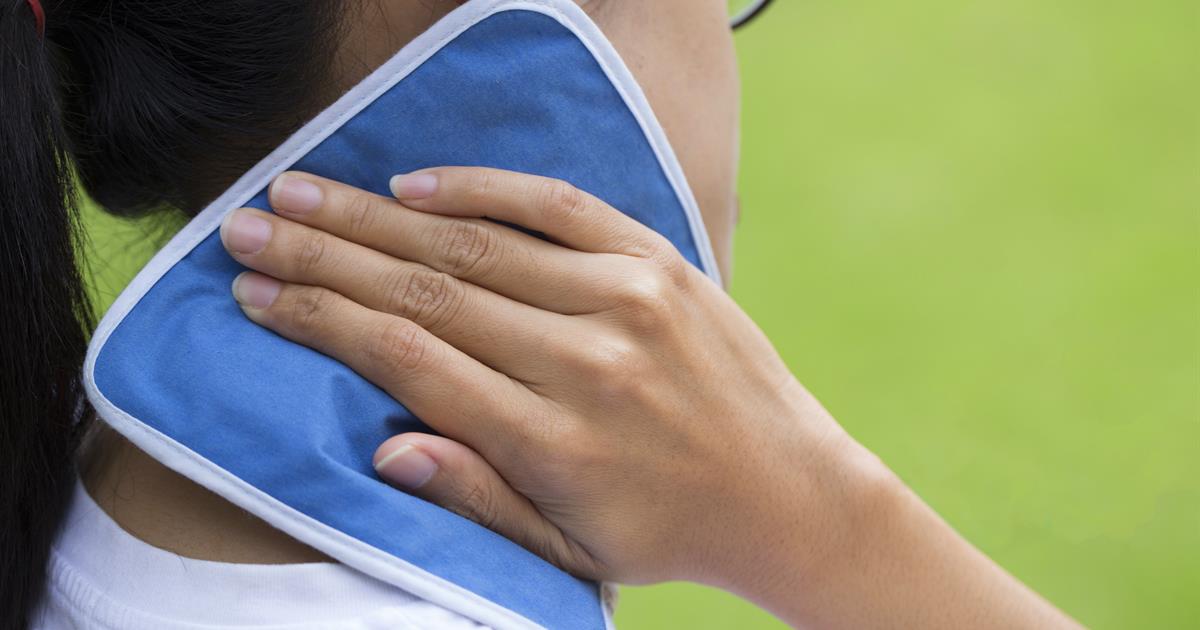How To Treat Chikungunya Virus
Chikungunya virus is a disease spread by mosquitoes. It is found mainly in tropical areas, such as South Asia and the Caribbean. Americans and Europeans sometimes contract the disease after traveling in regions where mosquitoes carrying this virus live. Though this disease rarely kills, it has debilitating symptoms and can cause pain that lingers long after the body has fought off the virus. Unfortunately, there is no vaccine for chikungunya virus; the only way to prevent it is to avoid being bitten by mosquitoes. However, there are many ways to relieve symptoms and aid recovery.
Plenty Of Rest

The most important thing for any chikungunya virus infection patient to do is to get plenty of rest. Due to the symptoms this virus causes, it is difficult to get out of bed anyway. Severe pain, nausea, and fatigue will keep anyone bedbound, though chikungunya virus also makes it incredibly difficult to sleep. Nevertheless, getting enough rest is crucial. Without medications to help, the immune system must be energized to fight off this ugly disease. The worst symptoms of the disease can last for a few days or over a week. Resting and sleeping can have a major impact on the duration of this acute phase of the disease. The body needs adequate energy to expel the virus and make a fast recovery.
Keep reading to reveal more ways to treat and manage a chikungunya virus infection.
Prevent Mosquito Bites

The best treatment is prevention! Since mosquitoes transmit chikungunya virus, the most important thing individuals can do to avoid getting the virus is to prevent mosquito bites. If you are traveling in a region known to have mosquitoes that carry chikungunya virus, it is essential to come prepared. Try to wear clothing that covers most of your skin. Never go outside without mosquito spray, even if you are wearing long sleeves; mosquitoes can occasionally bite through fabric. Make sure the buildings you stay in have screens over the windows, and there aren't any places for mosquitoes to get in. Keep the air conditioning on, and do not leave standing water anywhere.
Most individuals know a few tips to keep the bugs away, but you have to be especially vigilant when mosquitoes that carry chikungunya virus may be present. If you do get infected with chikungunya virus, it is important to avoid getting more mosquito bites. When a mosquito bites an individual who is infected with chikungunya virus, it becomes infected and can give the virus to the next individual it bites.
Continue for more on how to treat a chikungunya virus infection effectively.
Prevent Dehydration

Chikungunya can cause vomiting, diarrhea, and fever. It is, therefore, crucial to drink plenty of water to prevent dehydration. Excessive vomiting and diarrhea can deplete electrolytes, so it is a good idea to supplement with electrolyte drinks as well. Hospitalization to provide intravenous fluids may be necessary if the patient cannot keep fluids down due to vomiting. Dehydration can be incredibly dangerous; it can lead to kidney problems and seizures among other complications. Even minor dehydration can have a detrimental effect on the body's ability to fight off infection. Water and electrolytes play an essential role in helping the immune system function optimally.
Get to know the next treatment option for chikungunya virus now.
Physiotherapy

The symptoms of chikungunya include muscle and joint pain, which can linger for months or years in some patients, well after the initial infection has passed. Chronic joint pain, known as arthralgia, may develop into arthritis as time goes on. Physiotherapy, which may involve therapeutic massage, electrical stimulation, or exercises for improved mobility, is an effective way of treating muscle and joint pain. Overcoming the chronic effects of the chikungunya virus is not easy, but it is well worth the effort. With patience and persistence, physiotherapy can drastically reduce pain in the affected joints and muscles. It is especially helpful for patients who experience stiffness in addition to pain in their joints.
Reveal the next method of treating chikungunya virus now.
Hot And Cold Compresses

Joint swelling, as is clear, is a major symptom of chikungunya virus infection. Unfortunately, several medications that reduce swelling are contraindicated for this illness. Instead, hot and cold compresses may be used to help control the swelling and provide relief. Chikungunya virus also typically causes a high fever of 102 to 104 degrees Fahrenheit, and cold compresses may provide relief from this too. A bad headache is another symptom that may be ameliorated by using hot or cold compresses. After the acute stage of the disease has passed, hot compresses or electric blankets can help with lingering muscle and joint soreness or stiffness. When used in conjunction with physical therapy, compresses can be a valuable tool to reduce the chronic effects of chikungunya virus infection.
